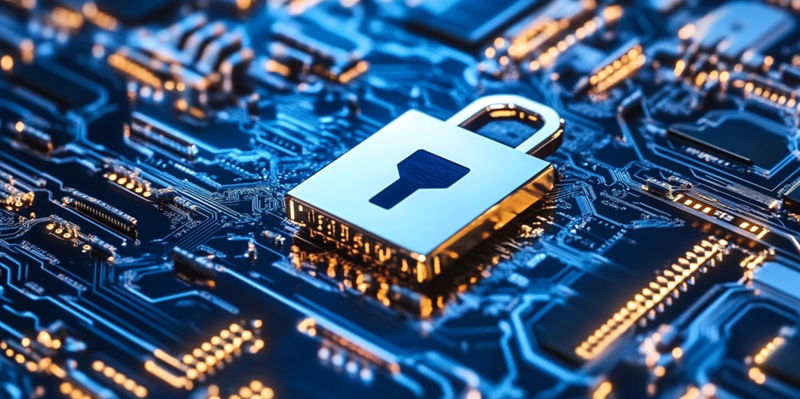The recent ransomware attack on UnitedHealth Group’s (UHG) subsidiary, Change Healthcare, is a major crisis impacting the personal data of approximately 100 million Americans. This breach stands out due to its sheer scale, affecting nearly a third of the U.S. population and making it the largest known healthcare data breach in the country. The perpetrators, known as the ALPHV/BlackCat ransomware group, executed the attack in February, stealing approximately 6 terabytes of sensitive healthcare information. The ramifications of this massive security failure are steadily unfolding, causing widespread disruptions and highlighting serious concerns about the current state of cybersecurity in healthcare.
The Extent and Impact of the Breach
The repercussions of the ransomware attack were immediate and severe, leading to delays in pharmacy services, complications in provider payments, and significant patient distress. For days, essential healthcare functions were crippled, showcasing the deep dependency of the healthcare sector on secure and uninterrupted digital operations. The attackers exploited a notable weakness in UHG’s security protocols — the lack of multi-factor authentication (MFA) on its Citrix portal. This vulnerability allowed the hackers to infiltrate and navigate UHG’s systems unchallenged over a period of nine days, ultimately resulting in the encryption of the company’s entire network. Such extensive access points to sensitive data underscore the importance of robust cybersecurity measures in preventing future breaches of this magnitude.
Broader Implications and Financial Fallout
The recent ransomware attack on Change Healthcare, a subsidiary of UnitedHealth Group (UHG), has emerged as a major crisis affecting the personal data of approximately 100 million Americans. This breach is particularly alarming due to its vast scale, impacting nearly one-third of the U.S. population and becoming the largest healthcare data breach ever reported in the country. The attackers, known as the ALPHV/BlackCat ransomware group, carried out the breach in February, stealing around 6 terabytes of sensitive healthcare information. The repercussions of this significant security lapse are gradually unfolding, resulting in widespread disruptions and raising serious questions about the current state of cybersecurity in the healthcare industry. Experts are voicing strong concerns over how such massive amounts of data could be vulnerable to theft, emphasizing the urgency for enhanced security measures. Public trust in the healthcare system is being tested as the ramifications continue to be examined, spotlighting the importance of evolving cyber defenses in an increasingly digital world.

